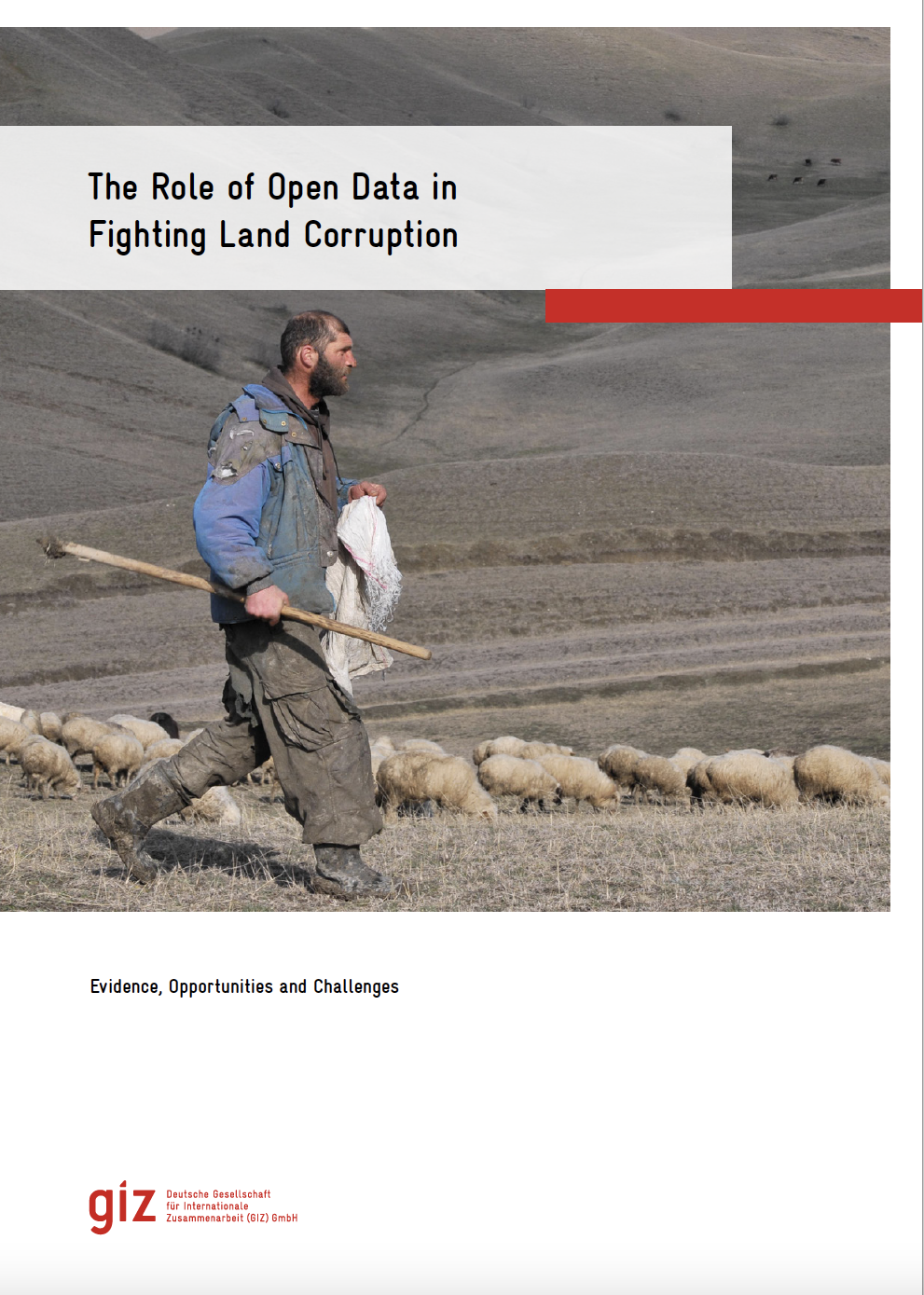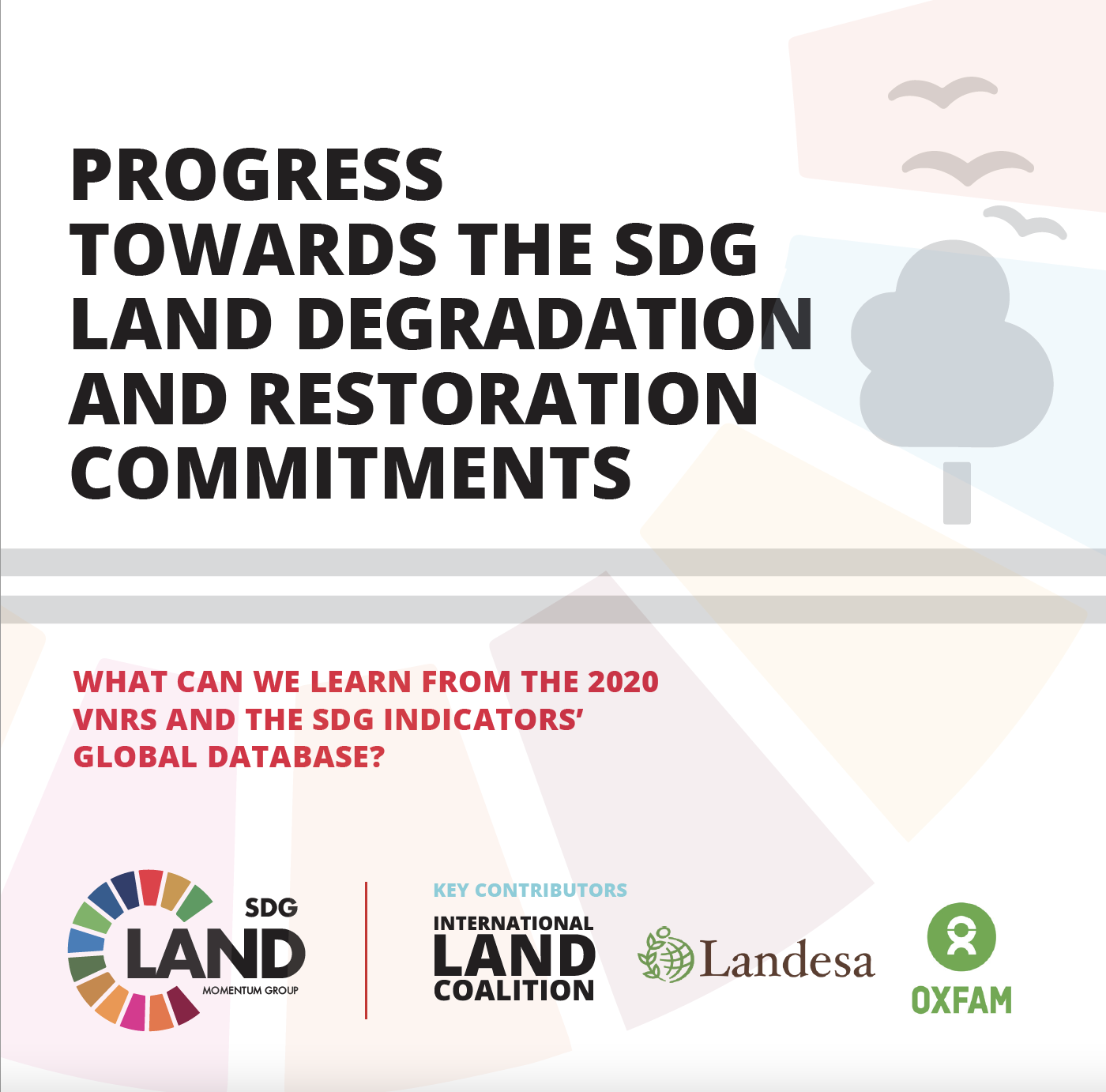Improving tenure security for pastoralists in East Africa
PIM support to work from ILRI and partners contributed to adoption of a woreda (district) participatory land use planning approach in Ethiopia and to expansion of the joint village land use planning approach in Tanzania, resulting in more secure tenure rights for pastoralists in rangeland areas.




